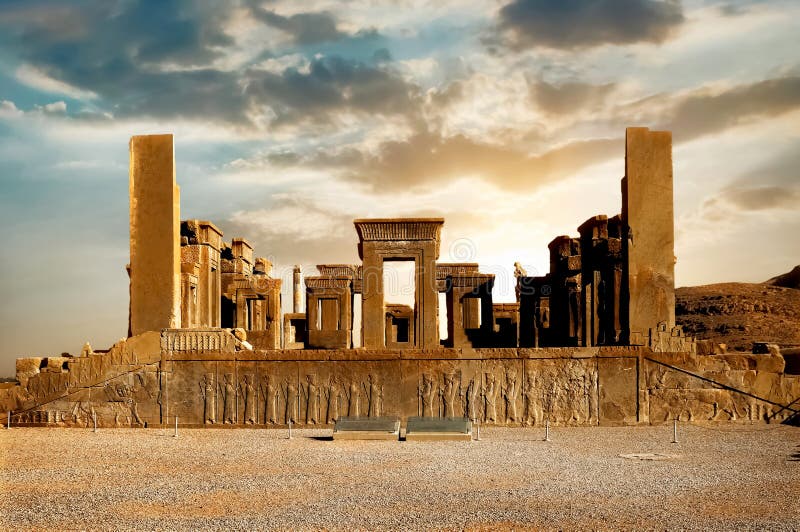


One most famous accounts of the burning of the great city comes from the historian Diodorus Siculus in his Bibliotheca Historica who gives the following version of the destruction of the city:Īs for Persepolis, the capital of the Persian Empire, Alexander described it to the Macedonians as their worst enemy among the cities of Asia, and he gave it over to the soldiers to plunder, with the exception of the royal palace. In all of them, except Arrian's, the story follows the same basic narrative of the Macedonian conquerors celebrating with too much wine and deciding to set the city on fire in retaliation for the burning of Athens in 480 BCE. The following are the best-known ancient accounts of the burning of Persepolis, all of them written centuries after the event, but based on earlier works now lost.

A hetaira was more than just a high-class prostitute she was also skilled in singing, recitation of poetry, and storytelling which were talents often more highly valued than just sex. She may also have been among Alexander's lovers as the historian Athenaeus claims that Alexander liked to “keep Thais with him” though this could simply mean that she, like many women, was simply someone whose company he enjoyed. Thais was at this time the lover of Ptolemy I, one of Alexander's generals, bodyguards, and one of his oldest friends (possibly also his half-brother).

When Alexander the Great arrived at Persepolis, it was among the most impressive in the world, and when he left, it was a ruin whose spot would be known for generations only as 'the place of the forty columns' for the remaining palace columns left standing in the sand among the ruins.Įxactly why Alexander would burn the great city which, as conqueror, he now owned (and especially considering his well-known interest in the arts and sciences and love of Persian culture) is a question which historians have made answer to for centuries, most of them agreeing that the fire was started at the instigation of the hetaira (courtesan) from Athens, Thais. The 480 BCE invasion of the Persian wars was long remembered by the Greeks and is given as the primary motivation for why Alexander burned Persepolis, although every account also notes that Alexander and his men were drunk when they decided to destroy the city. Xerxes I had invaded Greece in 480 BCE, burning villages, cities and temples (including the Parthenon of Athens) until defeated at the naval Battle of Salamis and later at the Battle of Platea. 1st century BCE) as the richest in the world and other historians describe it in the same terms. The city is described by the ancient historian Diodorus Siculus (l. Darius I died before the city was completed and Xerxes I continued his vision, building his own opulent palace on the terrace as well as the Gate of All Nations, flanked by two monumental statues of lamassu (bull-men), which led into his grand reception hall stretching 82 feet (25 meters) long, with four large columns 60 feet high (18.5 meters) supporting a cedar roof with brightly decorated walls and reliefs on the doorways.


 0 kommentar(er)
0 kommentar(er)
